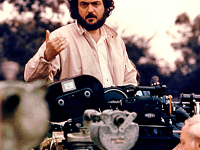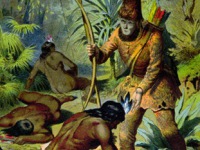Marvin Minsky and Artificial Neural Networks
On August 9, 1927, American biochemist and the founder of the MIT Artificial Intelligence Project Marvin Minsky was born. He is also known for his foundational work in the analysis of artificial neural networks. “Once the computers got control, we might never get it back. We would survive at their sufferance. If we’re lucky, they might decide to keep us as pets.” – Marvin Minsky, Life Magazine (20 November 1970), p. 68…
Read more











